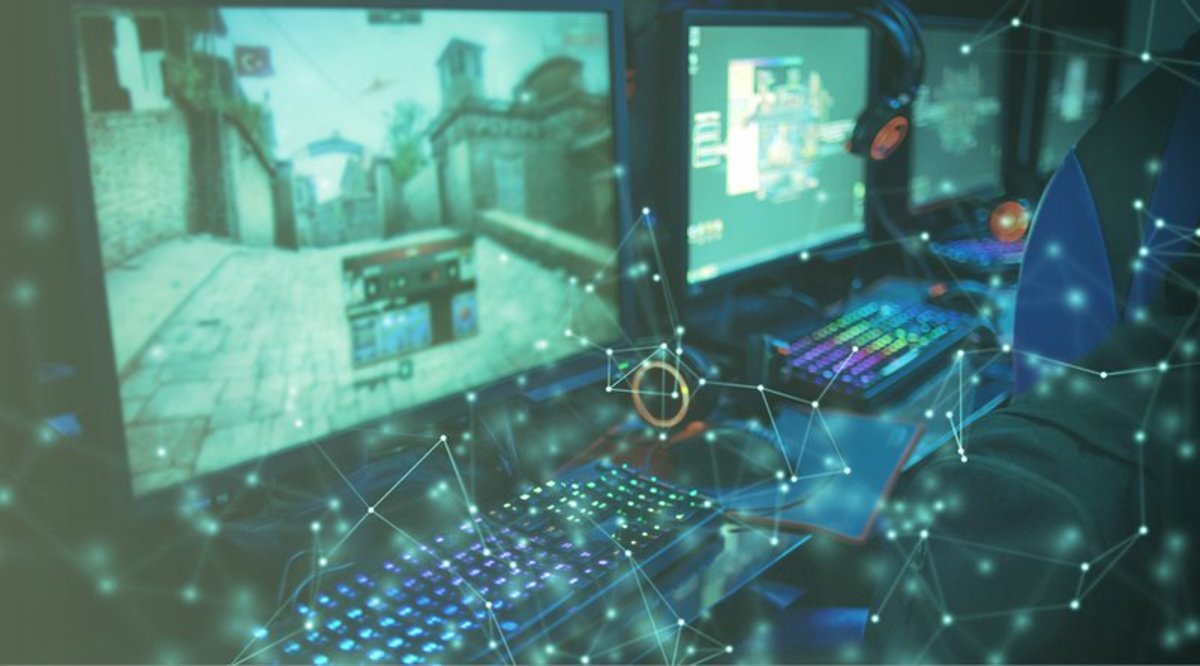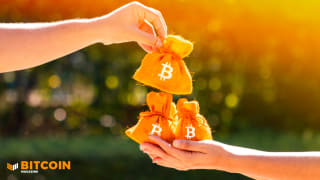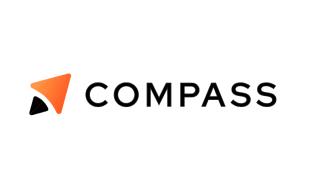
First mover is a strategic business concept signifying the creation of a competitive advantage by virtue of being the first to market with a product or service. This status often enables a company to establish brand recognition and a prime position strategically before other entrants arrive in that same market.
DMarket, a new online ecosystem is on a quest to achieve this position by becoming the first service for users seeking to trade virtual items between game worlds. Using distributed ledger technology fueled by the blockchain, this startup seeks to open up avenues for game developers and publishers to engage in gaming commerce via a global marketplace.
The DMarket website launched in August on the heels of a 72-hour crowdsale to raise capital to kickstart the project. DMarket tokens, which are the site tokens, were sold in exchange for other popular cryptocurrencies, initially Ethereum and Bitcoin. In the first hour of the token sale, the company said it had raised $1 million, bringing the total capital raised with pre-sale to $4 million.
During a second sale, running in November, Ethereum Classic and Litecoin will be added to the fund campaign.
At present, while virtual game items can be traded within games themselves, there are currently no platforms which allow for items to be traded between games.
Volodymyr Panchenko, founder and chief executive officer of DMarket, said that gamers will be able to make their virtual items available on the global economy, creating a new, billion-dollar market.
“In a sense we are utilizing blockchain technology to act as matchmaker between virtual and real economies,” Panchenko said.
The multiplayer gaming industry has long focused on allowing players to earn or create game incentives as a part of the gaming experience. This often involves gathering virtual assets such as clothing, swords and cars, among myriad others. Games such as Team Fortress 2, World of Warcraft, Diablo and Destiny not only permit players to earn items but also to trade them in-game. This creates a sort of internal gaming economy where some earn virtual money and then use it to trade for rare items they want to acquire from other players.
According to Panchenko, this industry is comprised of almost 2.2 billion people, many of whom are siloed away from one another within closed gaming economies. He says that an estimated $3 million was transacted through in-game items.
DMarket’s hope is to create linkages between these separate economies allowing game publishers to open up new windows of global trade. The company hopes to achieve this through an application programming interface that game publishers can use to encode these transactions through smart contracts.
The vast majority of game publishers don’t allow this type of trading, but it still occurs behind the scenes on forums and websites that have been setup to connect players with buyers. In these scenarios, game publishers are unable to capture any of the money raised and are unable to track it.
Through DMarket’s innovative solution, these game economies can tap into this untapped revenue stream while capturing vital metrics about player utilization and the exchange of game items.










